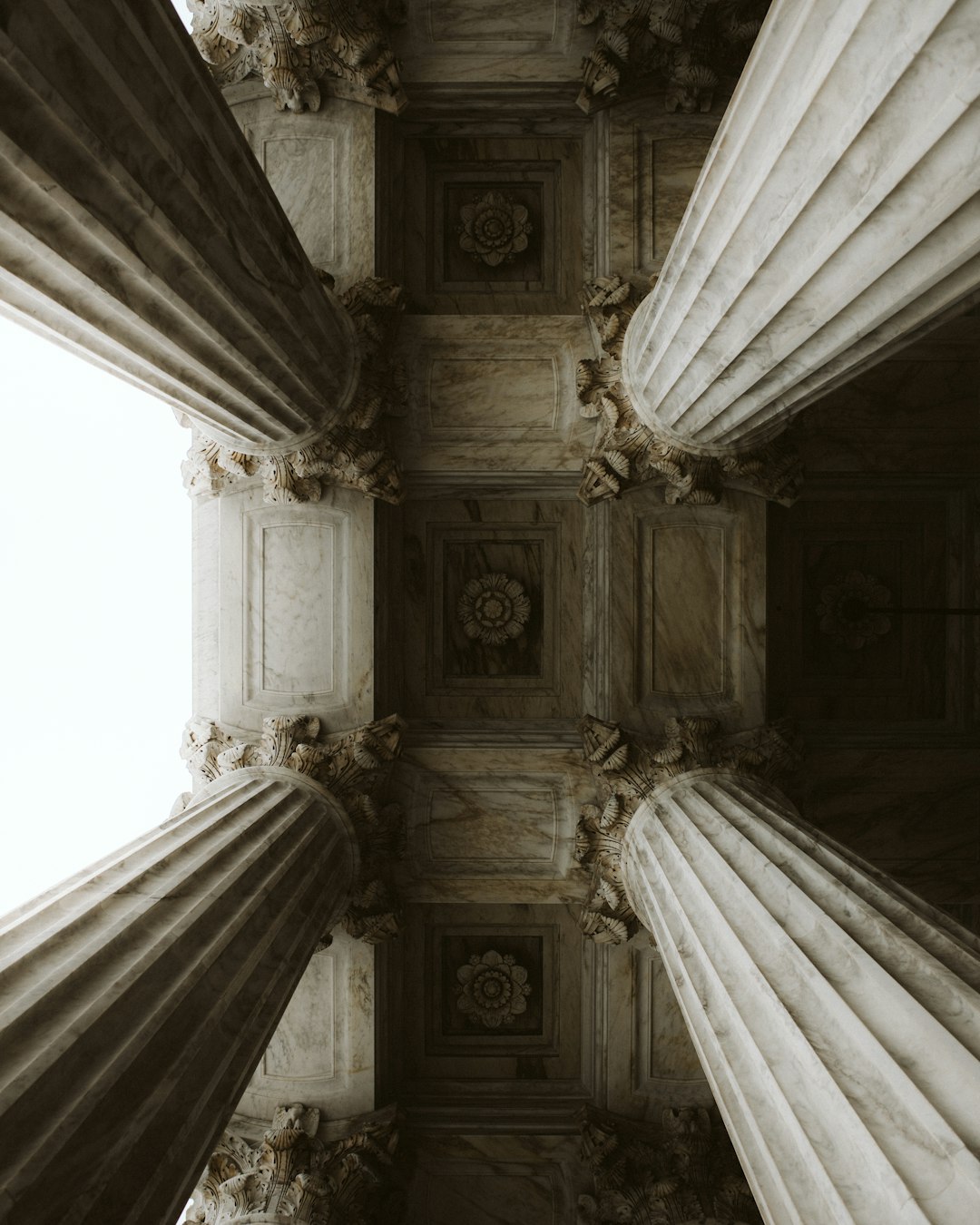If we ignore the Constitution now, it will not protect our rights later. We are ignoring it now, because we are afraid.
The Constitution is meant to handle our emotions, to “address itself immediately to the hopes and fears of individuals,” in Alexander Hamilton’s words.
But there is one fear it cannot address: fear of the Constitution itself. Too many of us, right now, are running in fear of the Constitution.
How did it come to this? An insurrectionist, Donald Trump, purports to be running for president, although the Constitution forbids this. Section Three of the Fourteenth Amendment frankly disqualifies anyone who has taken part in an insurrection, or given aid and comfort to insurrectionists. Trump has done both, and boasts of having done both.
The authors of Section Three anticipated just such a frightful situation. An insurrectionist who swears an oath and violates it has done something terrible. He will have allies who have tasted tyranny and liked it. By mandating just how to deal with such a person, Section Three lends us strength we might not otherwise have. The Constitution defends itself by guiding us towards our better selves.
Yet Americans who should know better are choosing fear over the Constitution, finding excuses to ignore what it says. Indeed, they are choosing to fear the Constitution. Far too many politicians and other media commentators respond to our present situation -- a real insurrectionist who has tried to overthrow the Constitution while in office, a real Constitutional ban on insurrectionists running for office a second time -- by saying that it is the Constitution that must yield.
Their slogan is: “let the voters decide.” That is to say: in the case of Trump, and Trump alone, let us simply overlook what the Constitution says.
The exceptionalism reeks of fear. In no other case do we wish away the qualifications for office. There will be thousands and thousands of contested elections in the United States in November 2024. With respect to only one of them are people saying that legal qualifications for office do not matter.
The slogan “let the voters decide” makes no sense within our Constitutional order. We only have voters because we have elections, and we only have elections as organized under the Constitution. Claiming that voters (and electoral systems) can disregard the Constitution is senseless, because people become citizens and thus voters in ways defined by the Constitution. No Constitution, no citizens, no voters.
The real issue, though, is elsewhere. “Let the voters decide” appeals not to law or logic but to conformism and fear. It evades critique from within our Constitutional order because it rejects that order. Rather than following Constitutional procedures meant to handle fear, it redirects fear against those Constitutional procedures.
When we are ourselves afraid to defend the Constitution, we indulge in a kind of victim-blaming. Trump tried to overthrow the Constitution; when we say “let the voters decide,” we suggest that the Constitution deserved it. In ignoring Section Three of the Fourteenth Amendment, we refuse, as it were, to hear the Constitution's side of the story.
We are attacking the Constitution because we lack the courage to defend it. And so we begin to unwind the constitutional order.
Take the familiar example of checks and balances. The slogan “let the voters decide” suggests that potential presidents are beyond the reach of the other branches of government, despite what the Constitution says. Section Three of the Fourteenth amendment raises questions that courts will have to answer. Saying “let the voters decide” denies them that role. Section Three of the Fourteenth Amendment very explicitly defines a role for Congress after an insurrection. Congress may vote to allow an insurrectionist to take part in elections.
The point goes deeper, into the very logic of constitutionalism. Checks and balances illustrate the Constitution's capacity to transform human imperfections into decent politics. One of those imperfections is fear. When we direct our fear at the Constitution itself, however, we push those imperfections past the point where they can be borne. When we are too fearful of the Constitution to allow the Constitution to address our fears, fear builds to become the main mode of politics.
We then legitimate mob rule because we imagine some future mob. We obey a tyrant in advance. Directing our fear at the Constitution makes the tyrant's ascent far too easy.
The Constitution can defend itself in general, and even against the specific threat of an insurrectionist candidate -- but not on its own, not as a piece of paper, not without defenders who read it and affirm it. When we ignore what the Constitution says, and blame the Constitution for our own cowardice, we join in Trump's attack upon it.
It takes a little courage to admit that we are afraid, rather than to project our fears. It takes a little more courage to act, rather than dissemble and delay. If we want constitutional rule, right now is the easiest moment to mount its defense, in the way marked out by the Constitution itself.
It only gets harder from here.



